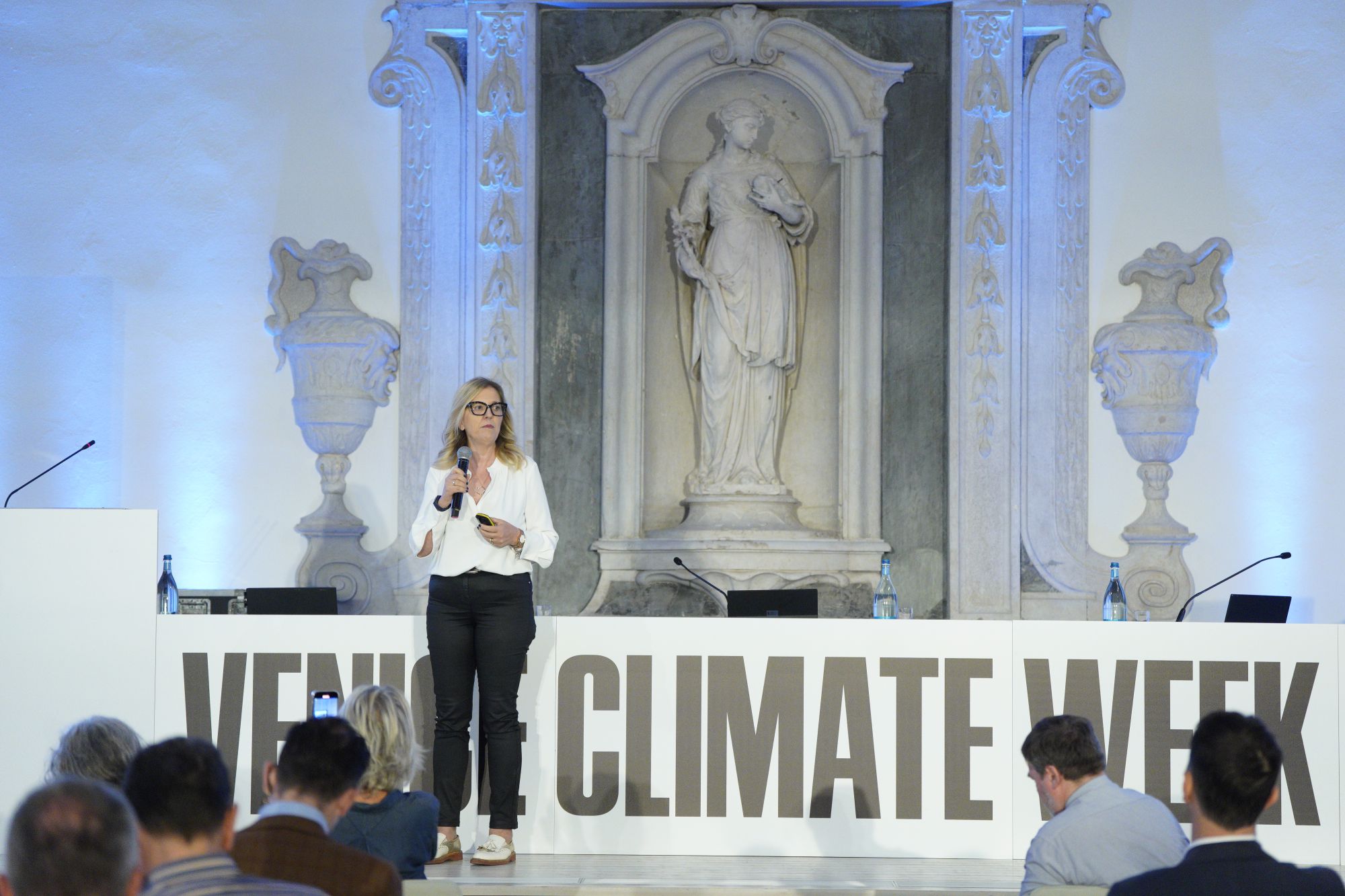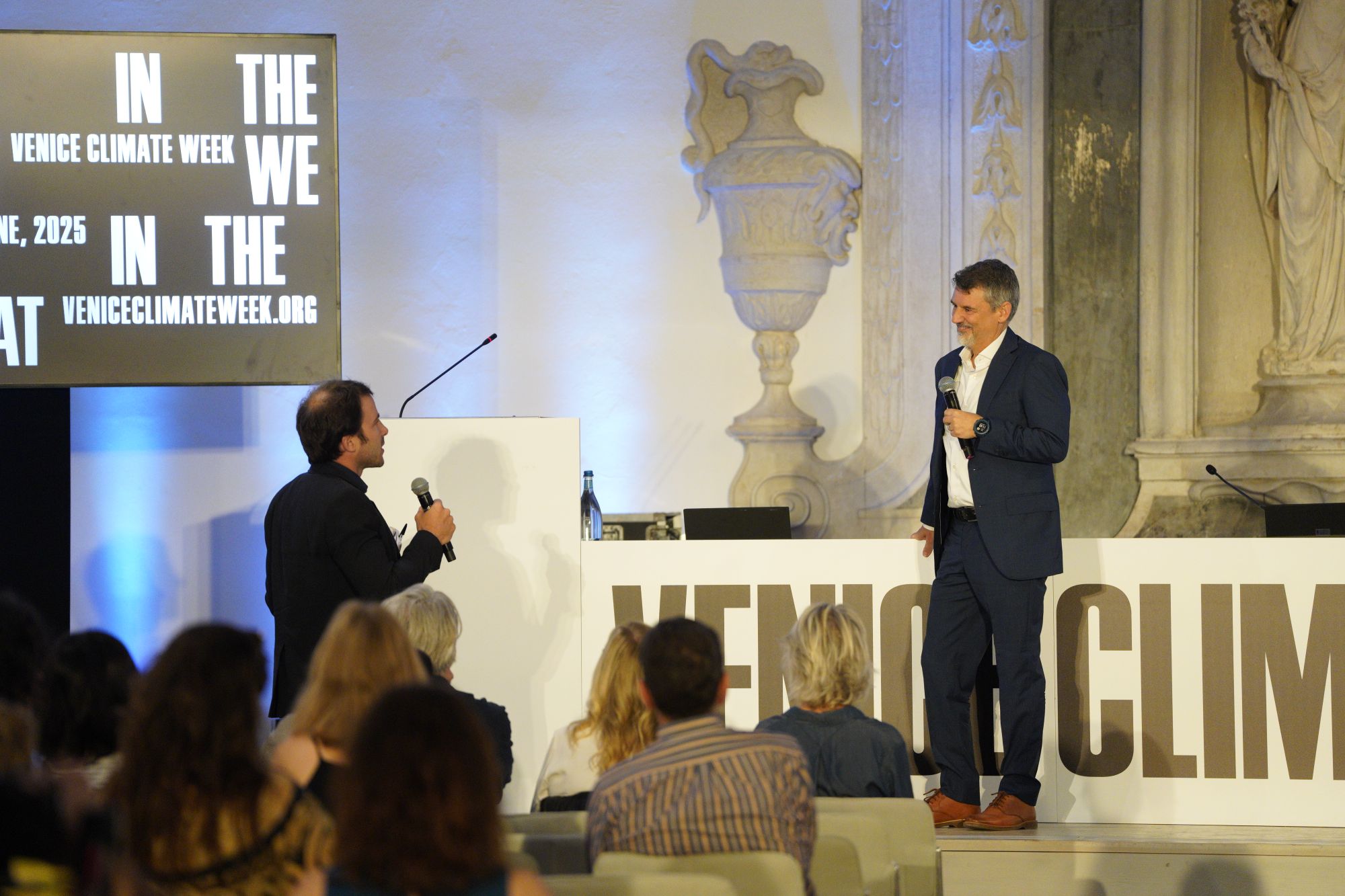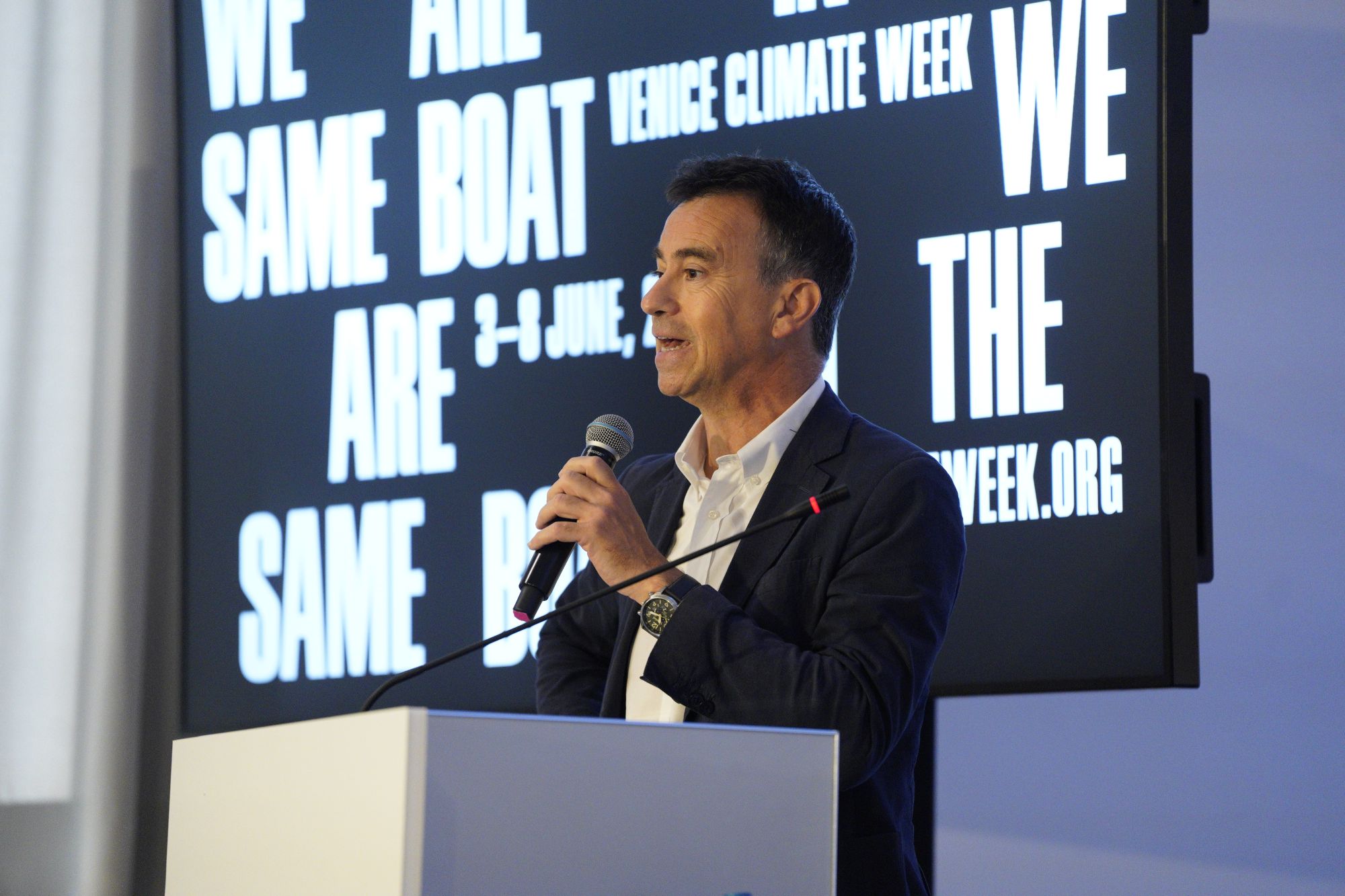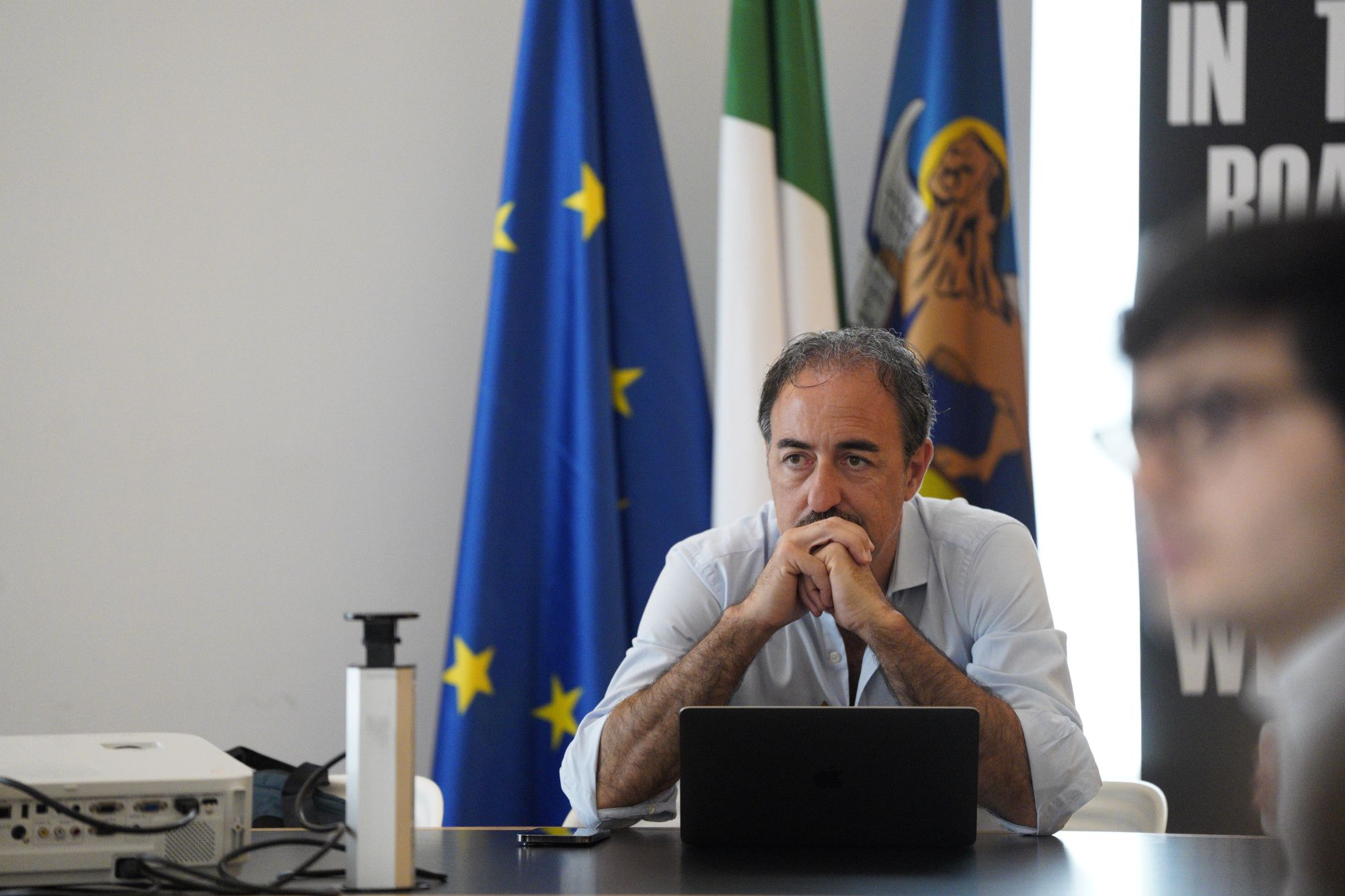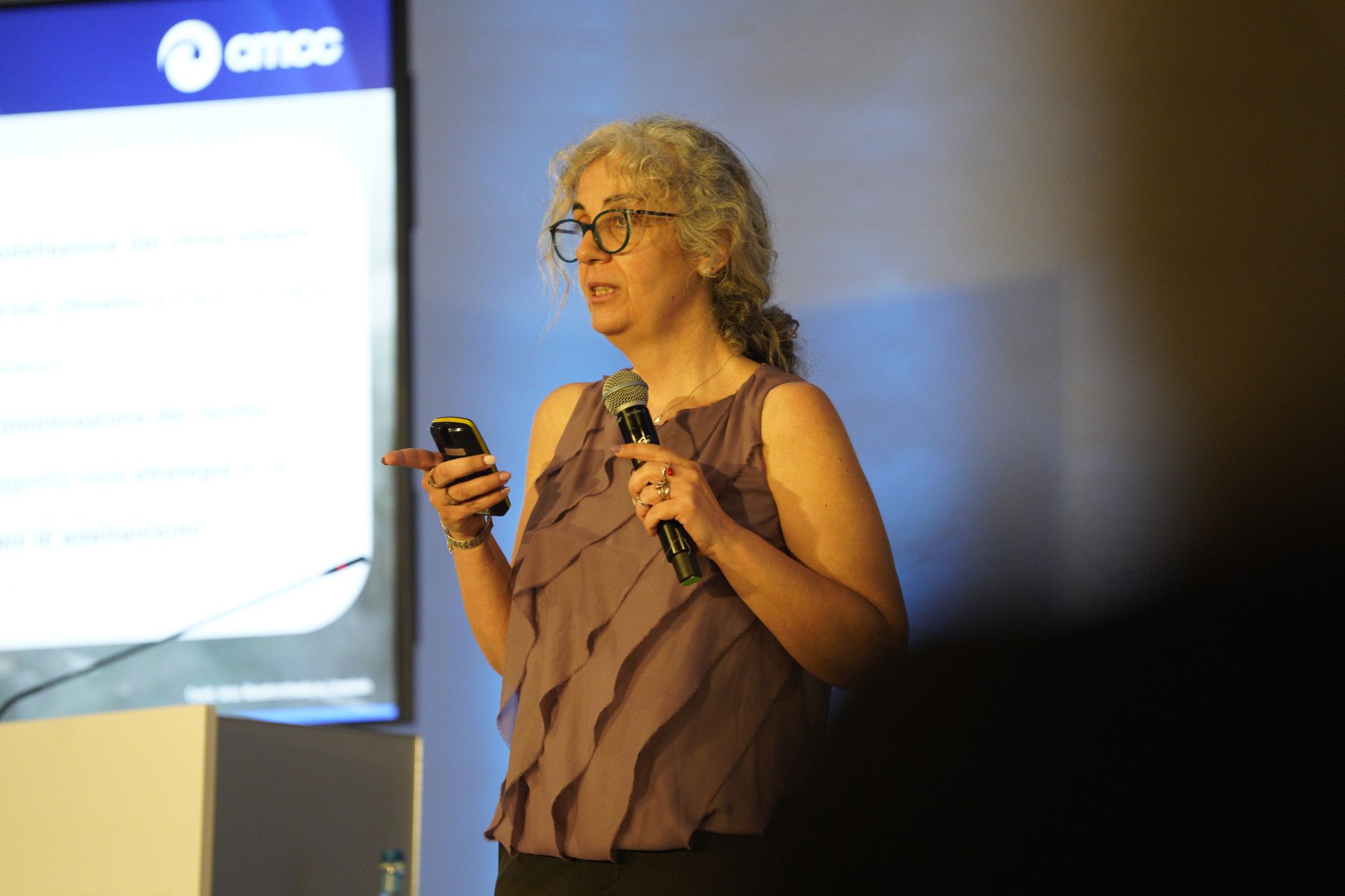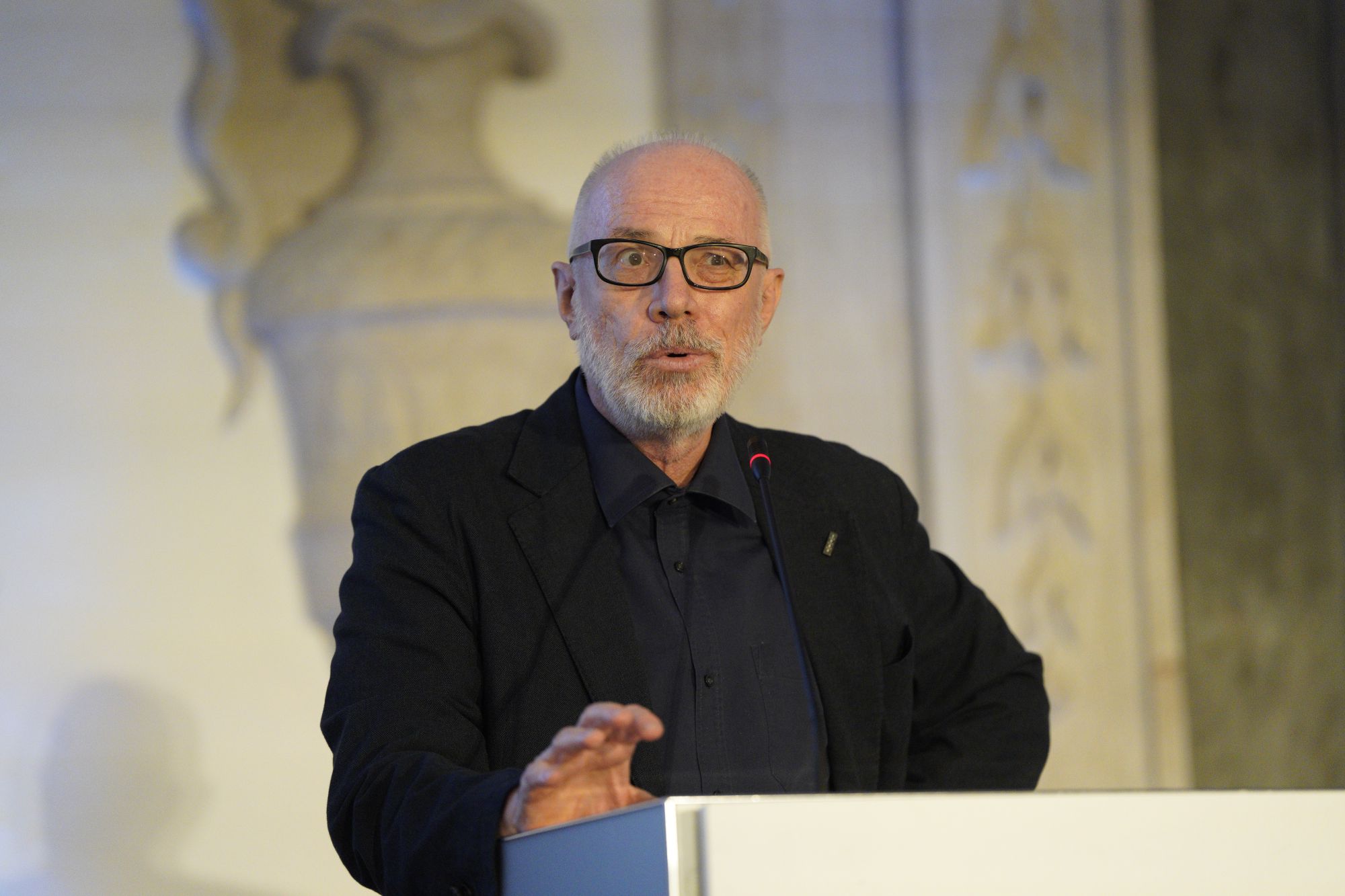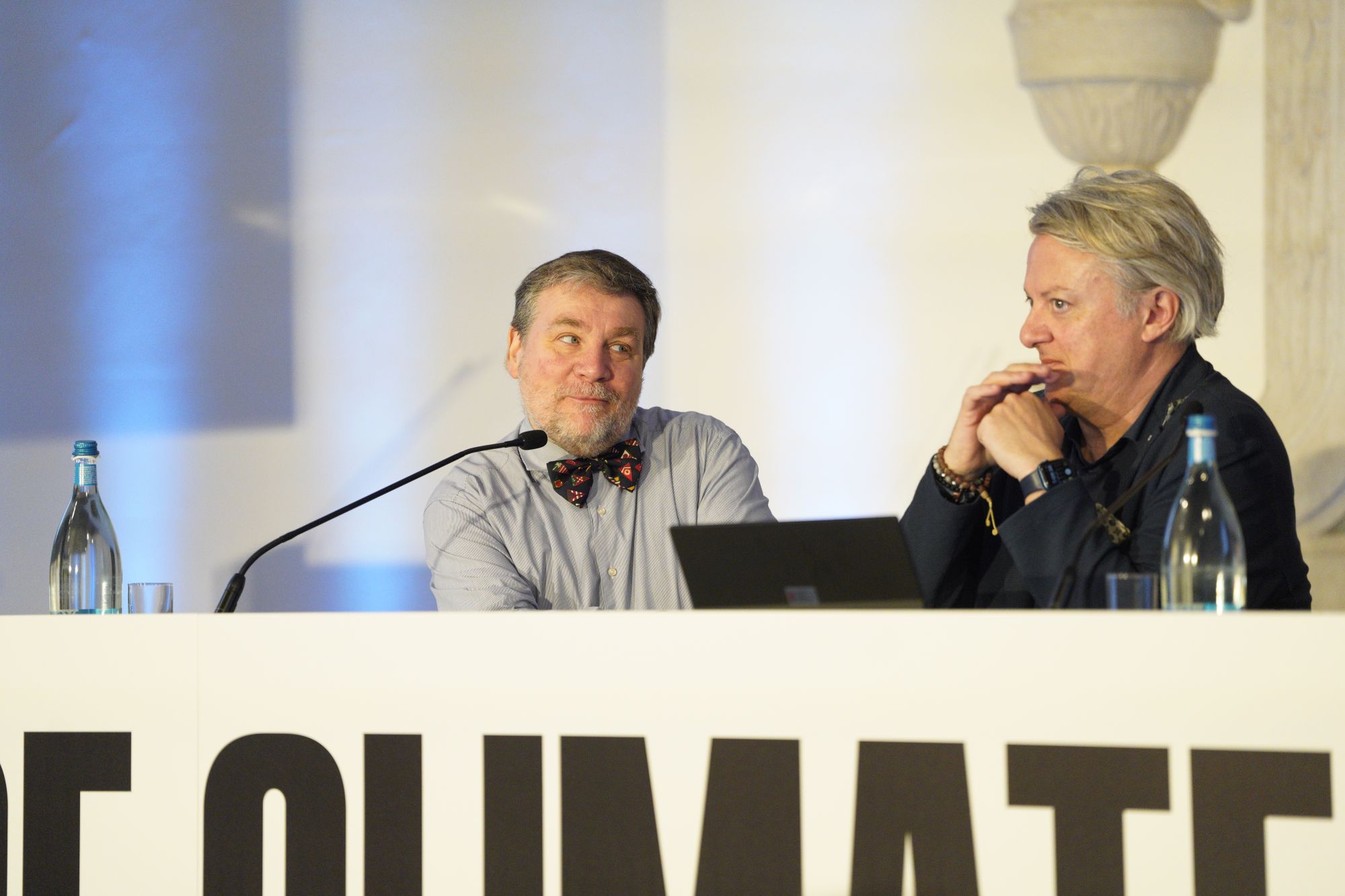IUAV: Future Earth
Opening by Luca Mercalli:
"It’s true that the climate has always changed — in 1709, the Venetian lagoon froze. We have always been shaped by the climate, even if today the famine that might have followed an event like the one that occurred in the summer of 2002 no longer frightens us.”
The real question is: how many extreme climate events can we survive? This was the central reflection of climatologist Luca Mercalli during his keynote at Venice Climate Week, particularly referencing the four floods that, in just a year and a half, severely impacted the same region in Emilia Romagna.
“In earlier centuries, those four floods would have been expected over a 50-year span,” he noted. “The toll in human lives has been limited, but these are traumatic events — even in a rich, supportive society with advanced technologies. Today, many locals want to leave, feeling that the area is no longer safe, even though they’re still paying mortgages for homes no one would want to buy anymore.”
Mercalli also recalled a recent landslide in Blatten, Switzerland, caused by permafrost thawing at higher altitudes — a slide that buried a village with 600 years of history.
"People survived because science worked — the evacuation was triggered in time — but they lost everything. Their homes are now buried under 100 meters of debris."
How can we rethink cities — their rhythms, needs, and functions — in light of the transformations imposed by the climate crisis, while continuing to ensure they remain livable and safe?
This was the driving question of the fourth day of Venice Climate Week 2025. After the morning talks, the reflection continued in the afternoon with a dynamic panel of speakers offering a variety of experiences and perspectives.
Opening the afternoon session was Charlie MacGregor, CEO & Founder of The Social Hub:
"When I started 15 years ago, my dream was to give everyone — even the less privileged — the chance to study and live anywhere. We should all commit to connecting and supporting those most in need." – MacGregor
Particularly insightful were the contributions of two speakers who shared concrete examples:
– on one side, the construction of a global network capable of integrating educational models, resources, and skills;
– on the other, the recognition and valorization of territories long considered marginal, now seen as bearers of a new wealth: the emerging “Future Lands.”
Sara Scherr, Founder and former CEO of EcoAgriculture Partners and advisor to 1000 Landscapes, emphasized the urgency of this historical moment:
"Democracy in America is dying,” she warned — a transformation that demands a radical shift in mindset, especially within food and urban systems. Scherr highlighted how nature, even under pressure, can become a strategic asset — if we shift from an extractive to a regenerative approach.
Following her, Stefano Pisani, Mayor of Pollica (SA), championed the value of inner and marginal areas, proposing them as living labs for sustainable development models.
Places where ancestral knowledge and traditional ways of life can help pave a new path — that of the “Future Lands”, foundational to a livable future. Pisani also stressed the importance of building inter-municipal networks to collectively face global challenges.
